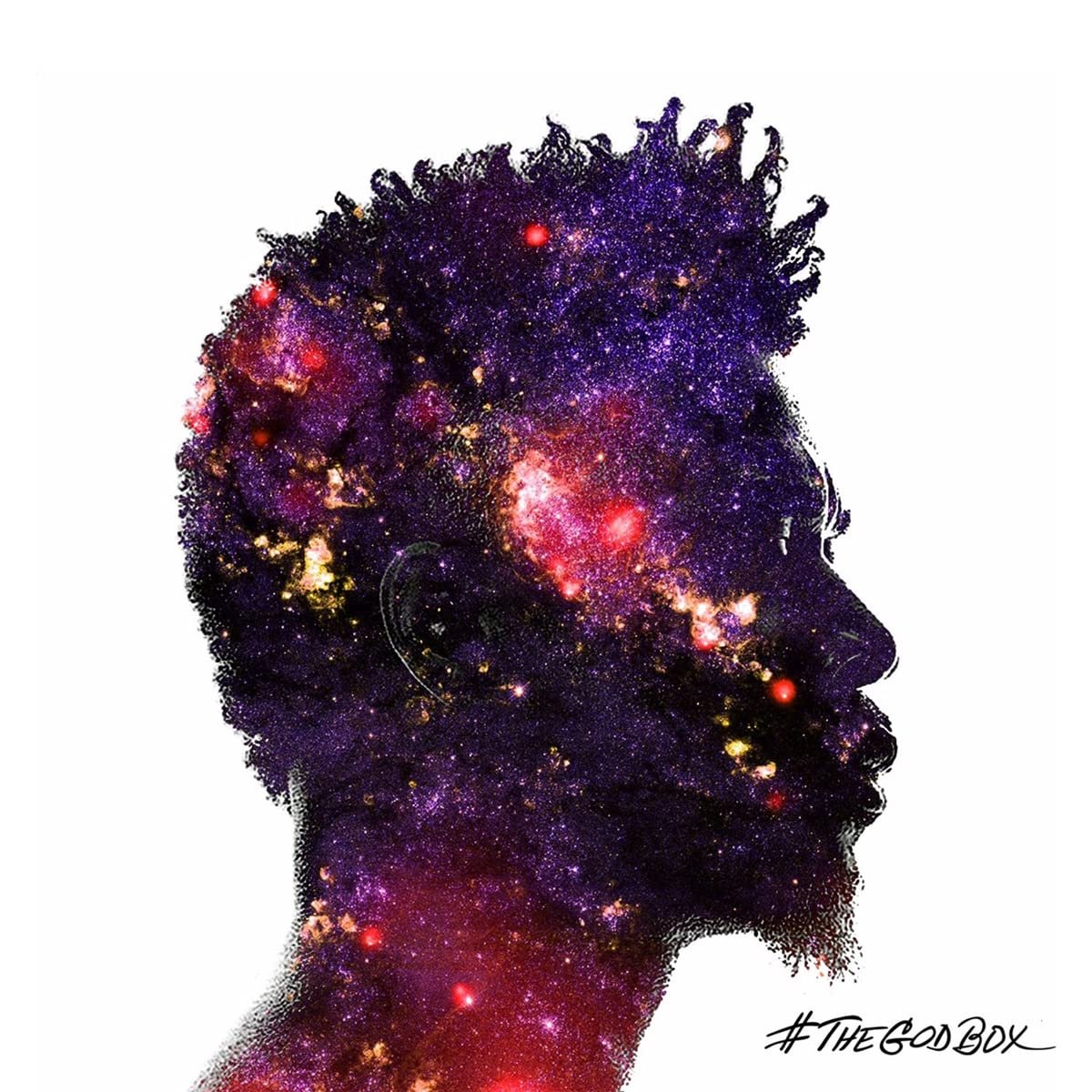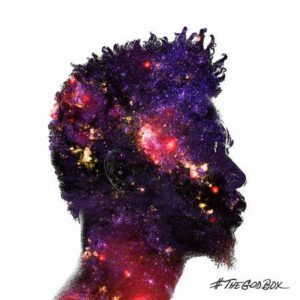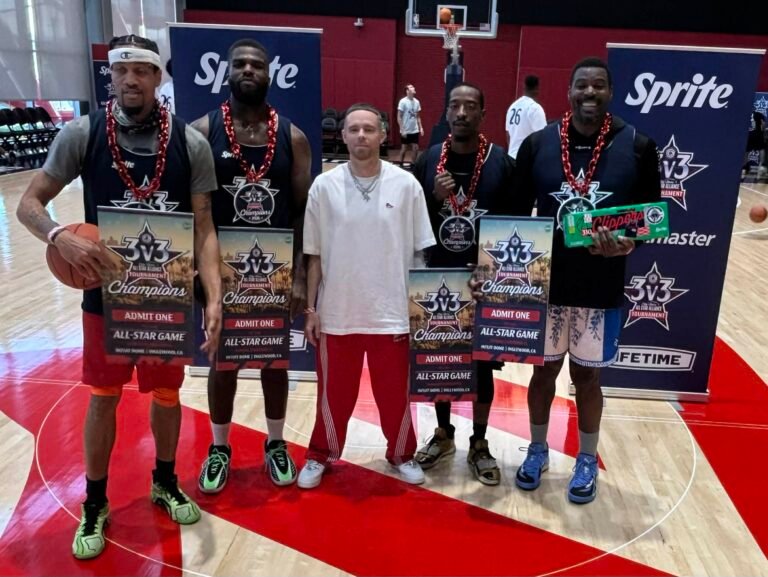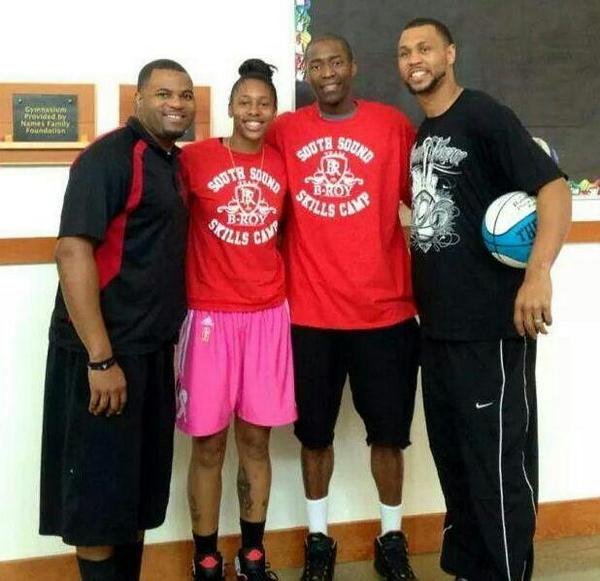
Version 1.0.0

In 1998, David Banner (@davidbanner), along with several friends, sent demo tapes to WJMI, the radio station in Jackson, Mississippi. The following year, Banner and rapper Kamikaze as the duo, Crooked Lettaz, released Grey Skies (Penalty Recordings). In 2000, Banner released his solo debut album, Them Firewater Boyz, Vol. 1. Released on the independent label, Big Face Records, the album sold approximately 7,000 copies. When the album’s single, “Like a Pimp”, got a radio hit, Banner began to attract primary label interest.
In 2000, Banner released his solo debut album, Them Firewater Boyz, Vol. 1. Released on the independent label, Big Face Records, the album sold approximately 7,000 copies. When the album’s single, “Like a Pimp”, got a radio hit, Banner began to attract primary label interest.
After assessing various offers, Banner and manager Scott Johnson decided to sign with Universal Records’ subsidiary, SRC Records, which was founded by Steve Rifkind, who had previously had success as CEO of the heavyweight hip-hop label Loud Records. Also in 2003, Banner produced T.I.’s single, “Rubberband Man”, which reached #30 on the Hot 100, #15 on the R&B chart, and #11 on the Rap chart. In 2003, Banner released his first major label album, Mississippi: The Album. Mississippi included the hit single, “Like a Pimp”, featuring Lil Flip. “Like a Pimp” peaked at #48 on the Billboard Hot 100 chart, #15 on the Hot R&B/Hip-Hop Songs chart, and #10 on the Hot Rap Tracks chart. He released the follow-up album the same year, titled MTA2: Baptized in Dirty Water, which yielded the hit “Crank It Up” featuring Static Major.
In 2003, Banner produced T.I.’s single, “Rubberband Man”, which reached #30 on the Hot 100, #15 on the R&B chart, and #11 on the Rap chart. In addition, Banner released his first major label album, Mississippi: The Album. Mississippi included the hit single, “Like a Pimp”, featuring Lil Flip. “Like a Pimp” peaked at #48 on the Billboard Hot 100 chart, #15 on the Hot R&B/Hip-Hop Songs chart, and #10 on the Hot Rap Tracks chart. He released the follow-up album the same year, titled MTA2: Baptized in Dirty Water, which yielded the hit, “Crank It Up”, featuring Static Major.
In 2005, Banner released his third major-label album, Certified. The album’s first single was “Ain’t Got Nothing” which featured Magic & Lil Boosie, followed by the second single, “Play”, which reached #7 on the Hot 100 chart, #5 on the R&B chart, and #3 on the Rap chart. The third single, “Touching”, featured Jazze Pha and reached #54 on the R&B chart. In 2006, Banner appeared on “Seein’ Thangs,” a song about Hurricane Katrina, featured on DJ Shadow’s album “The Outsider.” A remix featuring Bay Area hippy rappers Nump and Gold was created. Outside projects for Banner have included writing the theme song for the video game Saints Row, as well as composing music for a commercial promoting Marvel vs. Capcom 3: Fate of Two Worlds.
Hype Magazine recently had the opportunity to speak with the artist behind The God Box about what’s next in his Lecture Series and what inspired him to create The God Box Album. The full interview with David Banner is available below!
What was your inspiration behind your latest project “The God Box”?
It was less to find a way to make this new level of consciousness that I have been able to achieve or tap into to make it make sense musically. I a lot of records where people are trying to take their thoughts to another level does not make sense musically as far as current content. So, I wanted to create something that, even if the audience didn’t understand the material, it was still jamming. If you listen to the song “Black Fist,” The beat might distract you to the point where you might not know that the song is about social change.
Why was it so crucial for you to visit some of these smaller cities to teach during the God Box Lecture Series?
It was so Important for me to start in these smaller cities because I’m from Jackson, Mississippi, and people do not visit these smaller cities. They are the ones that need help the most, and places like Birmingham, Alabama, and Jackson, Mississippi, are the same places where our people died fighting for equality. People like Martin Luther King Jr. and Elijah Muhammad, who is from Georgia, are from the same regions where our families originated, and they were the most oppressed. That is why I decided to concentrate on these places. This is bigger than just music and selling a record.
What are some of the things you are hoping to do next with the God Box Lecture Series?
I want to bring all the aspects of the God Box series together and create something that people haven’t seen before. The God Box is also an art exhibit, and we have an art depiction of every song on the album. I want to make a healthy synthesis of the lecture and the music. Not everyone is a fan of hip-hop, but I want to find a way to deliver the art that appeals to all ages and cultures.
Can you tell me about some of the responses you received from your older albums compared to this one regarding your fan base?
Throughout my whole career, I wanted to be respected as a lyricist and considered a top lyricist in the game. Anytime you are from the south and you don’t try to rap like you are from somewhere else people do not listen to you. For instance, I believe Juvenile was a talented lyricist, but because he had a strong southern drawl, people never took him seriously.
Think about the southern artists they respect; they still have a southern accent, but they sound like they’re from New York. The album, The God Box, is receiving feedback that it’s one of the greatest albums ever, and I’m getting recognition for being a lyricist. These are things that I have always wanted, and the timing is right. One of the criticisms I have about talent, in general, is that we give people old-school stats and other titles when they don’t have a lot of content to back it up. Take Lebron James for example, Everyone was comparing him to Michael Jordan before he won a championship or even before he left high school.
The problem that we don’t understand as black people is that by doing that we degrade the culture. Being labeled the best should not be an easy task; it should be something you strive for your whole life to achieve. What we don’t understand is that our culture has been dominated by commercialism, and there is no money in the concept that Jordan is the greatest ever in the NBA because he is no longer playing. Every generation will have the next man up because they are trying to sell tickets and merchandise, but it does nothing for the culture.
What is your favorite single off The God Box Project and Why?
I would have to say Judy Blaire because I am a fan of indie rock music. I was impressed with the group called All Time Low, and the lead singer said something that I never thought about: rappers can go from one thought to the next in a matter of seconds, which takes them an hour to discuss from a vocal standpoint. In addition, rappers can say what they want to. I feel that way about rock music, especially how they change the time signature. He said he likes the way we can elaborate on the things we want to say, but we are constricted to how far we can push the envelope. Many people forget that Black people created rock music, and I feel it’s my responsibility to teach people that we were a significant influence on rap and rock before the negative stereotypes changed over time.
What has been the response regarding both your Lecture Series and the album?
It has been an awesome period in my life, not only on a personal level but also from a business perspective, that my own company put this material out. The response has been a blessing from the fans.




